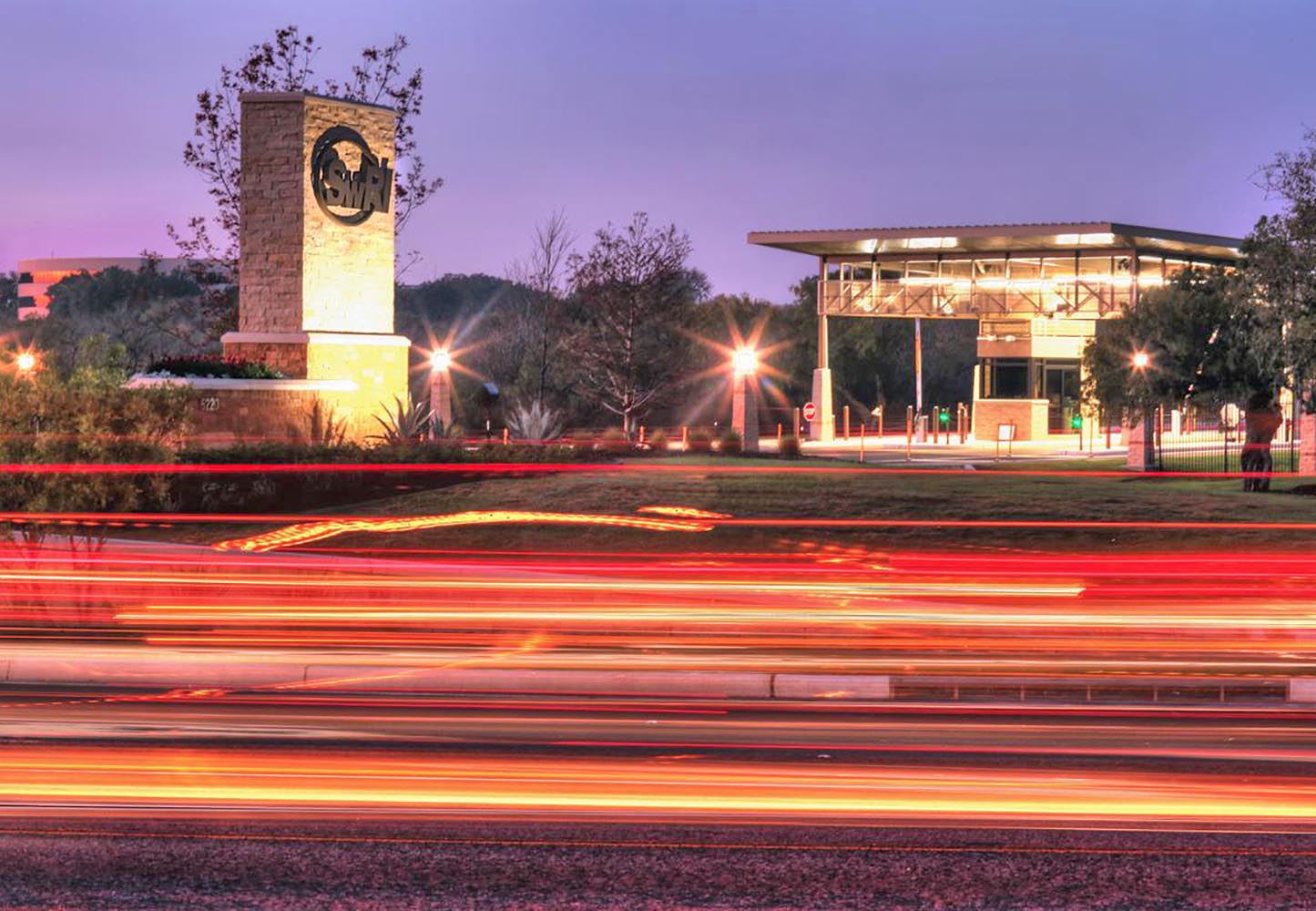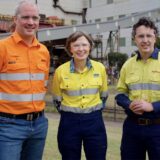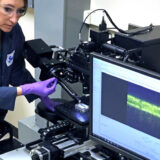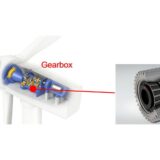
SwRI launches next phase of engine decarbonisation consortium
Southwest Research Institute (SwRI) launched the latest Clean Highly Efficient Decarbonised Engines (CHEDE-9) research consortium on February 5, 2024. CHEDE-9 expands the 33-year initiative’s scope beyond diesel to various low-carbon engines and fuels.
CHEDE-9 focuses on getting to net-zero carbon transportation technologies for vehicles and power systems, said SwRI’s Chris Bitsis, assistant director of research and innovation in SwRI’s Powertrain Engineering Division. The work combines past and future efforts on sustainable fuels, efficiency, electrification and emissions reductions.
“CHEDE-9 will have two main areas of concentration,” said Bitsis. “The first research pathway focuses on decarbonised engines and fuels, which includes the study of sustainable low- or zero-carbon fuel development while maintaining high engine efficiency. The second focuses on the development of aftertreatment solutions that reduce NOX emissions. CHEDE-9’s success requires innovation in both research pathways.”
CHEDE-9 leverages the most recent research from CHEDE-8 and other SwRI-led research programs, including the High-Efficiency, Dilute Gasoline Engine (HEDGE-V) and Hydrogen Internal Combustion Engine (H2-ICE) programs.
Members leverage shared research costs and findings otherwise infeasible alone. CHEDE-9 has three tiers: Founders guide the direction and access all data, Consultants provide input, and Informed members receive reports.
CHEDE-9 builds on programs like SwRI’s HEDGE and H2-ICE into hydrogen and other emerging areas. “Decarbonisation requires hybrid and combustion advances using new fuels,” Bitsis said.
As an independent R&D organisation since 1947, SwRI moves technology forward through multidisciplinary teams and unique facilities. CHEDE-9 members include major automotive and energy firms.












